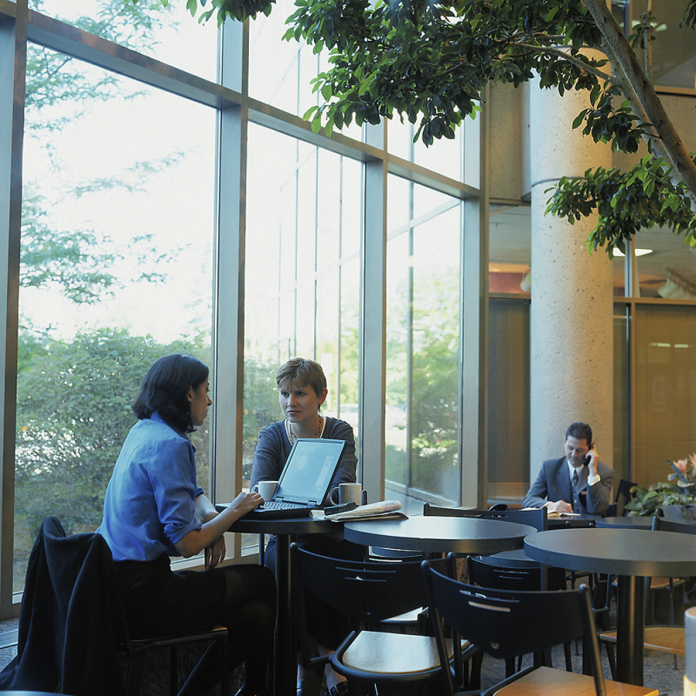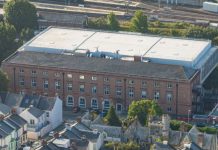The UK’s world-class knowledge economy holds the key to regional city growth, according to the latest research report from GVA, Driving future growth: Core cities and the knowledge economy. And with Bristol being one of eight core cities in England – and one of the strongest in terms of innovation – the city is well placed to help drive economic prosperity through this sector.
At a debate held on 19th June in Bristol to launch the research, and chaired by Dave Harvey, business correspondent of BBC Points West, more than 50 business leaders from the Bristol city region heard how this growing sector – technology, media, telecoms, IT, medical advanced manufacturing and science – can help to rebalance local economies, as long as the right infrastructure is in place.
The knowledge economy has been an important driver of growth in the past decade and is set to outperform trend growth in the coming five years when combined with the creative sector, indicates GVA’s research.
James Kingdom, Principal Researcher at GVA, said at the debate: “In the next four years, the knowledge economy is set to grow faster than the rest of the UK economy with an estimated 16% growth. That’s why Bristol has the chance to play on its strengths in this sector and develop the right real estate opportunities to develop the environment for growth.”
However, the audience was told by Ben O’Connor of GVA, that while there is no shortage of space in Bristol city centre – it has the wrong sort of space to meet the needs of this growing sector.
Nick Sturge, Centre Director at SETsquared, explained how the property requirements of the type of occupier attracted to space such as Engine Shed differ from traditional Grade A offices. Flexibility on lease terms, a mix of workshop and desk space and good connectivity are all important, as well as being inspirational, lively places to do business. With Engine Shed currently full, more space is needed quickly, he said.
Richard Pearce, Director of TCN UK Ltd, which has refurbished part of Bristol & Exeter House at Temple Gate for like-minded small to medium-sized businesses, agreed. “By creating the right, individual profile for well-located growth space, it is possible for a developer to achieve the desired returns,” he said. “A way forward to open up new development opportunities could be to tap into new, innovative funding sources, to facilitate brown field development, which by its nature is high-cost.”
Mayor George Ferguson agreed, and made a plea for innovation: “As a leading city we need to be more entrepreneurial and become savvy to this type of innovative approach to property. The London market is overheated, and Bristol is an obvious choice for occupiers who are looking for an interesting location that will inspire them. Temple Quarter is an absolute gift to turn into an interesting and vibrant space.”
Enterprise Zones are a catalyst to this innovative approach, and with Bristol’s Temple Quarter, Paul Spooner, who works as an independent adviser to the Government on Enterprise Zones, said that the city is among the leaders in the field. However, he stressed that Bristol needs to continue to exploit its opportunities – such as taking advantage of the ten-year period before HS2 unlocks other cities in the north of England, and progressing the development of prime sites such as the former postal sorting office in Bristol.
Summing up, Jo Davis, Senior Director at GVA, said: “We’ve heard what a fantastic opportunity we have in Bristol to harness the growth of the knowledge economy. It’s important however, that we do not let the masterplanning of our area stand in the way of these great innovations.”






















